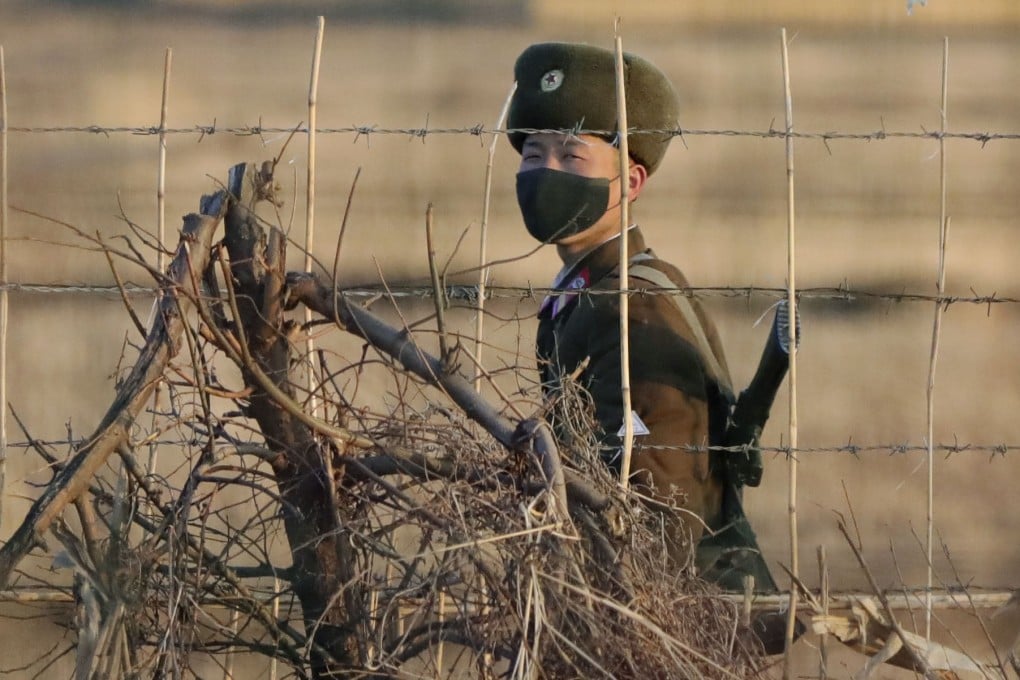China looks set to reopen border with North Korea
- The city authorities in Dandong appear to be preparing to open a long-delayed bridge across the Yalu river that connects it with the city of Sinujiu
- Trade between the two countries had been badly hit by UN sanctions and then ground to a halt last year following the start of the Covid-19 pandemic

A Chinese city on the border with North Korea is looking to upgrade its cross-border trade facilities amid speculation that the two countries are moving to strengthen their relationship in the face of increased pressure from the United States.
Government documents show the local authorities in Dandong in Liaoning province recently started soliciting bids for a series of projects that suggest the long-delayed New Yalu River Bridge may soon be open for use.
The eight-lane road bridge was designed to replace the Sino-Korean Friendship Bridge built by the Japanese occupiers in 1943, which is only wide enough for a single rail track and a one-way road.
The bridge could help bring investment to an economic zone planned in Dandong, a city of 2.5 million people that stands opposite the North Korean city of Sinujiu, and boost trade with its impoverished and isolated neighbour. Work on the project started 10 years ago and it was originally due to open in 2014.
Neither side has explained why it is still not ready but it is widely believed that the North Korean side was responsible.